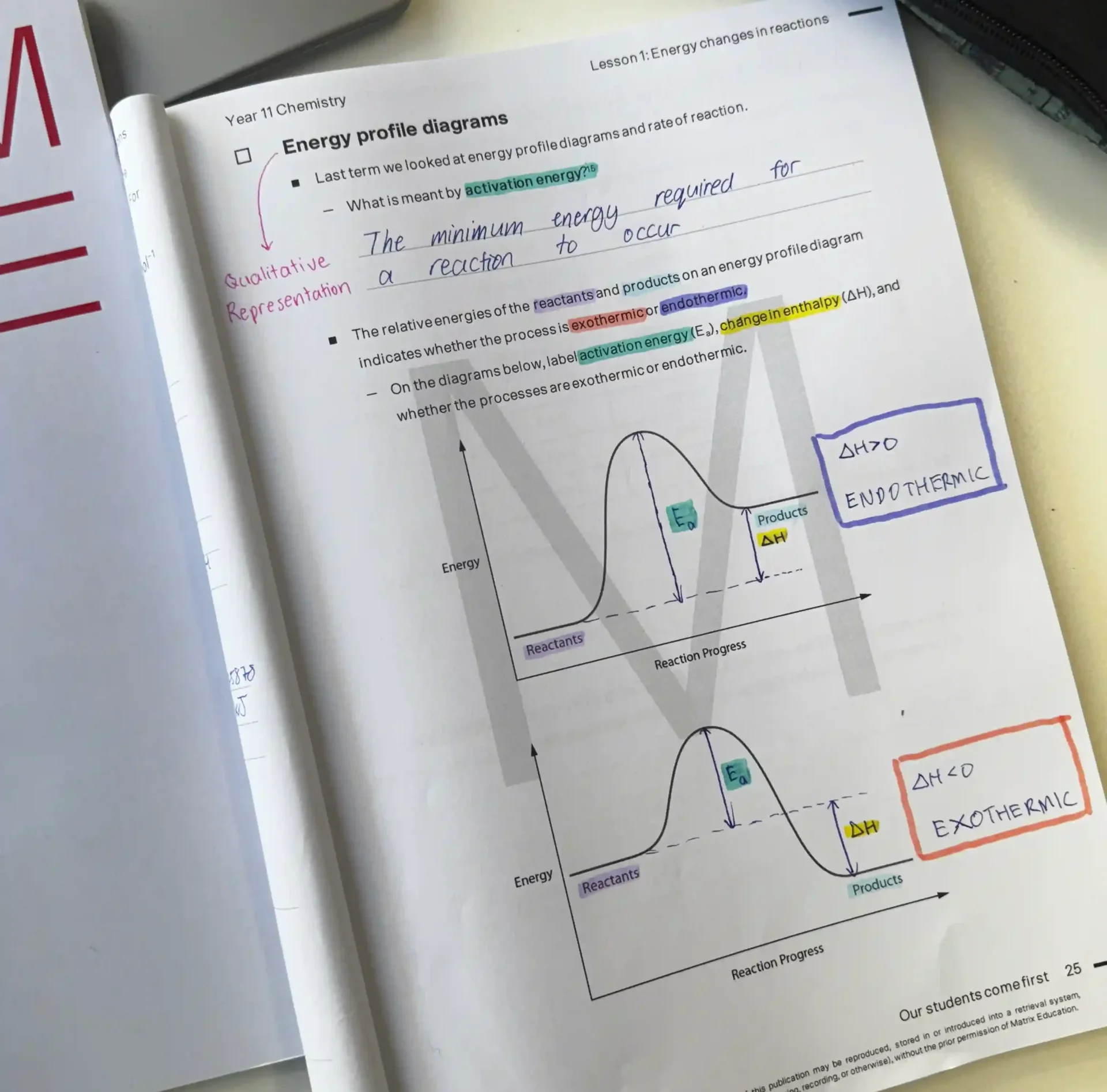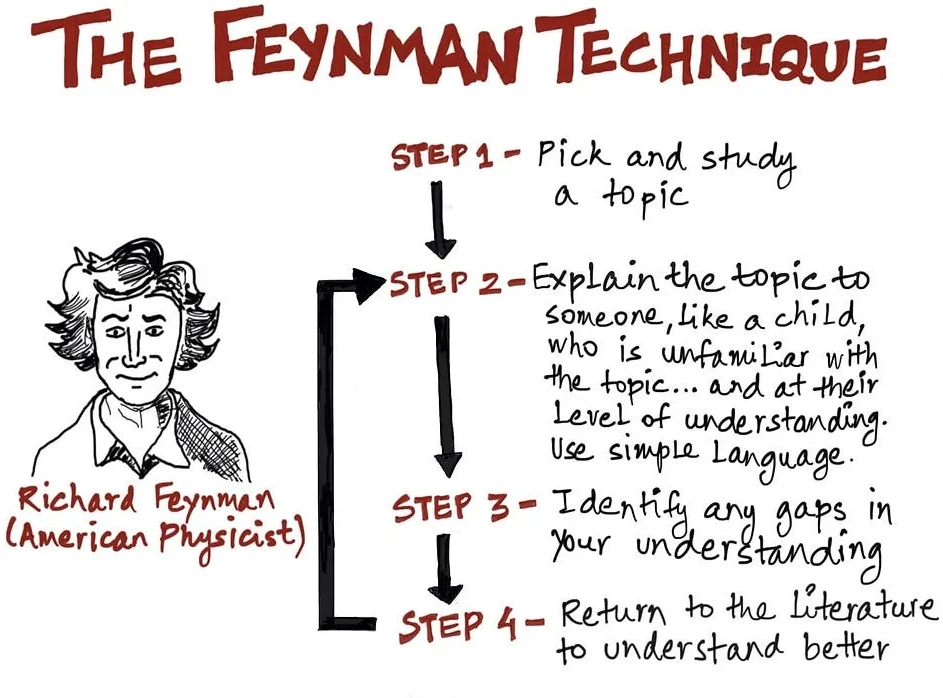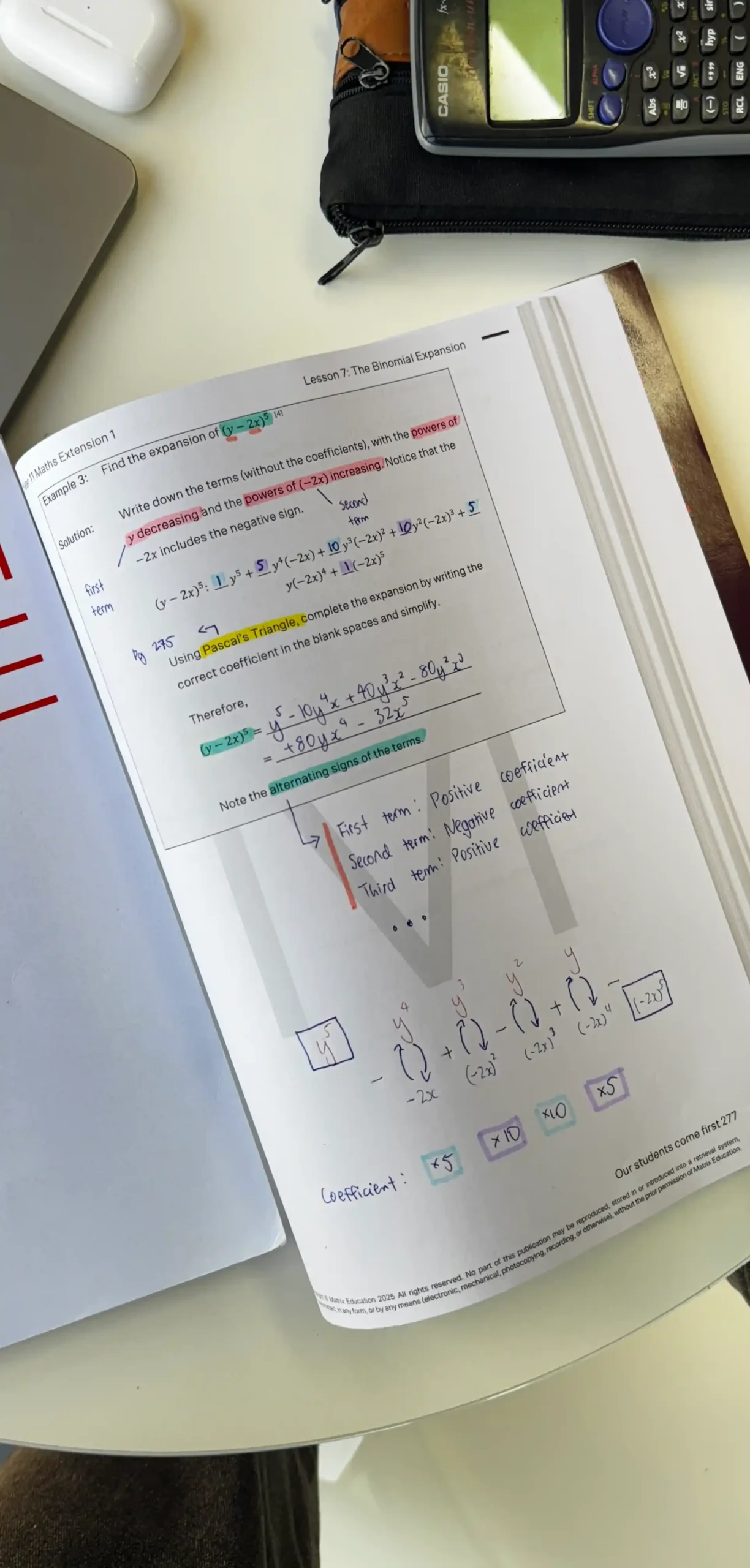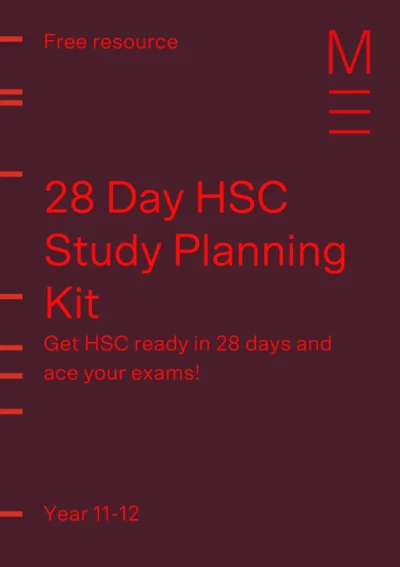Welcome to Matrix Education
To ensure we are showing you the most relevant content, please select your location below.
Select a year to see courses
Learn online or on-campus during the term or school holidays
Learn online or on-campus during the term or school holidays
Learn online or on-campus during the term or school holidays
Learn online or on-campus during the term or school holidays
Learn online or on-campus during the term or school holidays
Learn online or on-campus during the term or school holidays
Learn online or on-campus during the term or school holidays
Learn online or on-campus during the term or school holidays
Learn online or on-campus during the term or school holidays
Learn online or on-campus during the term or school holidays
Select a year to see available courses
Science guides to help you get ahead
Science guides to help you get ahead
Want to feel more confident in exams? Sam, a Year 11 student, shares the study steps that helped him consistently score high 90s. Here's how you can improve your results too.

Join 75,893 students who already have a head start.
"*" indicates required fields
You might also like

Join 8000+ students each term who already have a head start on their school academic journey.
Meet Sam, a Year 11 student from Barker College, who turned exam stress into effective study habits to average in the high 90s! Wondering how to successfully study for exams? Read on for his step-by-step routine.
Name: Sam
School: Barker College
Grade: Year 11
Let’s be real, exam season can feel like a pressure cooker. You’re juggling multiple subjects, assessments, co-curriculars, and the pressure to perform.
I, personally, was constantly overwhelmed by all the content I didn’t fully understand and the pressure to do well. No matter how early I started, I still felt unprepared and anxious when the day came.
Sound familiar? But it doesn’t have to be that way.
Over the past few years, I’ve built a reliable exam study system that taught me how to successfully study in high school. I went from stressing to scoring high 90s in Maths Extension and Maths Advanced. Even Chemistry is now easier, which used to be the toughest subject for me.
When I look back on how much stress I used to feel before exam time, I’m honestly surprised. Since refining my study routine, my marks have been consistently high, and my stress levels are way lower.
If you’re tired of feeling stressed before every test, here’s exactly how I study for exams, stay ahead, and keep calm.
Learn with Matrix+ online courses
Access theory lesson videos and comprehensive resources anytime. Join 8,000+ students learning with confidence.
Before diving into past papers or writing essay plans, I make sure I actually understand the content. Start by making sure you’ve covered every syllabus dot point in detail. Look for explanations that simplify complex ideas without skipping the depth you’ll need for exams.
Use “why” resources
It helps to use resources that explain the “why” behind the concepts, not just the “what”. The Matrix Theory Books have helped me a lot with building a strong foundation in Chemistry. I feel more confident solving problems I used to find difficult, like stoichiometry and mole calculations.
I always look for clear diagrams that break down concepts. If I can’t find any, I make my own!
Create your own summaries, diagrams, or concept maps to make sense of the material.

Try the Feynman technique
I firmly live by the philosophy that if you can teach a concept simply, then you truly understand it. Try explaining the topic aloud as if you’re teaching it to a child. It’s one of the easiest ways to get information to stick in your brain, and an underrated trick in knowing how to successfully study.

Once I’ve finished reviewing a topic, I jump straight into practice questions.
Where do you find good practice questions, you ask?
I rely heavily on the Matrix Work Books because the questions are always focused and specific to the syllabus. They actually reflect what shows up in exams, instead of just random textbook questions.
You can also use past school assessments or, of course, HSC past papers.
Here’s how I do practice questions:
By the end, you should have tackled the concept in every way it might appear on a test.

I start each term by creating a study schedule. I map out my assessment schedule and pinpoint topics I need extra support with. Then, I set reminders to revise these weeks in advance (not days!).
Revising weeks in advance also means you have time to ask questions if you ever hit a wall. I’ve found Matrix teachers help a lot with this, as they genuinely care and provide helpful, clear explanations.
One thing that has really helped me has been the Matrix one-to-one workshops with tutors. In my last English assessment, I had my creative writing draft reviewed in three workshop sessions. That extra feedback and attention helped me polish the story, and I ended up getting full marks!
I always have to book these study sessions 3-4 weeks in advance because they fill up fast. But, I treat them like essential appointments in my calendar.
If you’re serious about learning how to successfully study, start early and treat revision sessions like appointments you can’t miss.
Every Sunday afternoon, I set aside time for a weekly review. It’s a low-pressure way to keep the momentum going so I don’t fall behind.
What my weekly review looks like:
Get HSC ready in just 28 days and maximise your exam marks! Fill out your details below to get this resource emailed to you. "*" indicates required fields
Download your 28 day HSC Study Planning Kit

Download your 28 day HSC Study Planning Kit
Instead of taking a full break during the holidays, I use that time to cover the upcoming term’s content. This means I learn content during the holidays, so I can just revise during the school term. It makes term time a whole lot easier.
Of course, it’s hard to sit down and study by myself. So, enrolling in holiday tutoring has really helped, especially for content-heavy subjects like Chemistry and English.
Why holiday courses work for me:
A big mistake I used to make when I was learning how to study successfully was diving into past papers too early, before I actually understood the content. Now, it doesn’t make sense to me.
I make sure I’ve fully understood the content before attempting past papers.
How I use exam past papers:
Study marathons can backfire if you’re not mentally refreshed. Between my study blocks, I make sure to go for a walk, do something creative, or speak with friends.
This balance is what helps me maintain focus when it is time to study.
I’d say learning how to successfully study starts with routine. Each step in this system helps reduce stress and boost confidence.
In essence, start your exam prep weeks in advance to limit stress in the days leading up to assessments.
And of course, it helps a lot to use the various Matrix resources available at your fingertips. Everything fits together into a complete system. The Theory Books, Work Books, workshops, and holiday courses all support each other. They’ve taught me not just what to study, but how to study.
Before long, you’ll have a solid rhythm, and you’ll be heading into exams not with fear, but with confidence. It’s simple to transform the way you study for the better.
Discover more effective study habits that helped him achieve high 90s with Matrix.
Try Matrix for free!
Curious about Matrix? Try a class risk-free and see why 96% of students saw an improvement in their school marks.
Written by Guest Author
We have regular contributions to our blog from our Tutor Team and high performing Matrix Students. Come back regularly for these guest posts to learn their study hacks and insights!© Matrix Education and www.matrix.edu.au, 2025. Unauthorised use and/or duplication of this material without express and written permission from this site’s author and/or owner is strictly prohibited. Excerpts and links may be used, provided that full and clear credit is given to Matrix Education and www.matrix.edu.au with appropriate and specific direction to the original content.